4th Regional Strategy Meeting for the Americas: Civil Society requests a stronger presence from the ICC in the region
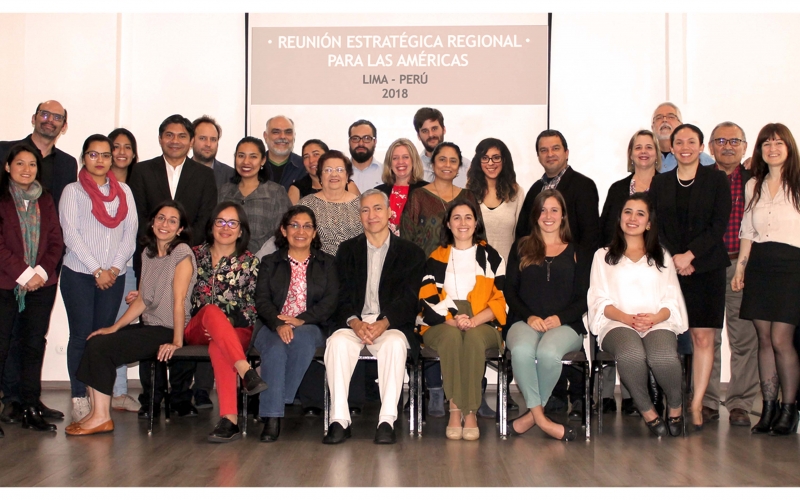
Lima/Peru- Following the conclusion of the 4th Regional Strategy Meeting for the Americas of the Coalition for the International Criminal Court (CICC), that took place last month in Lima, Peru, members of the Coalition across the Americas have requested a stronger presence of the ICC in the region.
On 30 September and 1 October 2018, more than two dozen civil society organizations and experts from 14 countries across the Americas met in Lima, Peru, to discuss joint strategies and share experiences, with the aim of contributing to the strengthening of national and international justice in a region that was instrumental 20 years ago for the establishment of the ICC and the adoption of the Rome Statute, and which continues to require to this day the tools of international justice provided by the Statute.
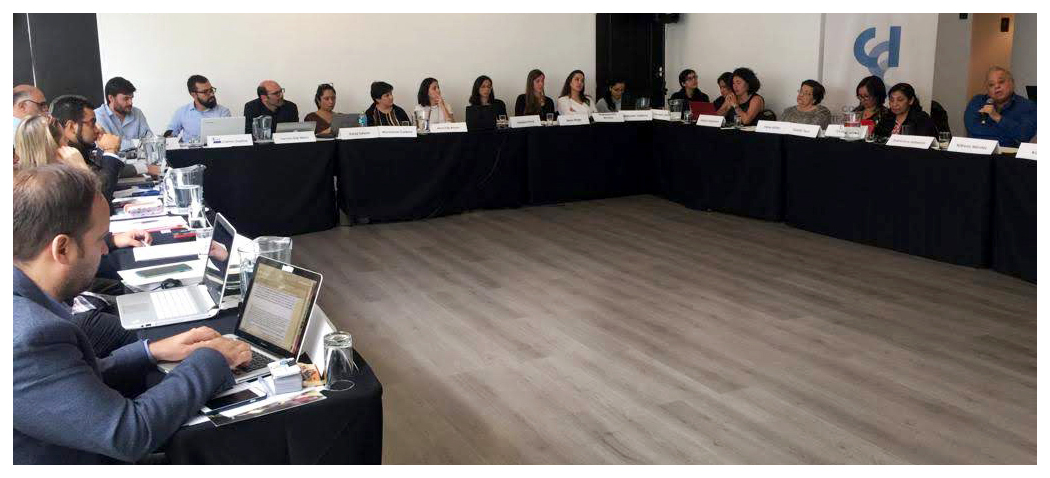
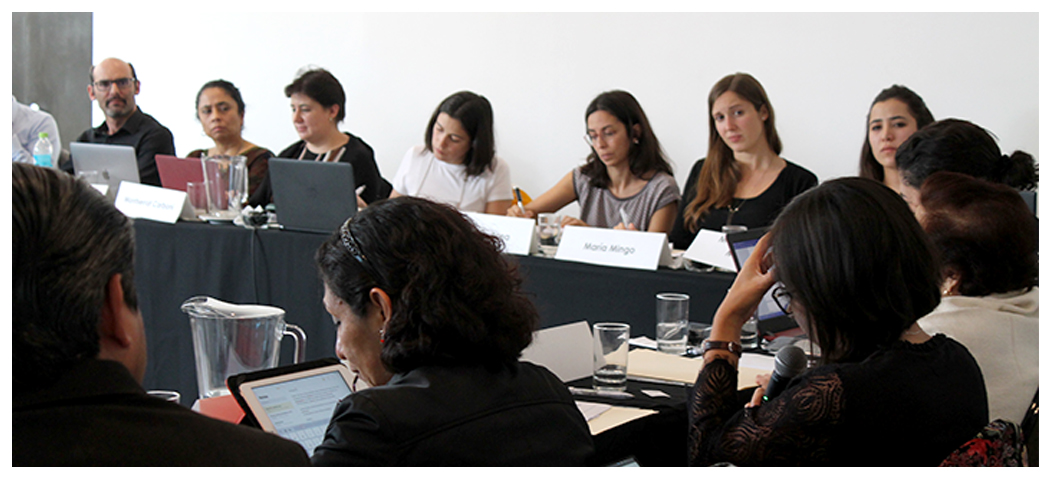
“The value of regional meetings of civil society aimed at discussing developments and challenges of the ICC with regards to Latin America is insurmountable. In several countries like Mexico, Venezuela and Colombia, we witness situations where Rome Statute crimes have been or are being committed, but are however not the subject of investigations or prosecutions, due to a lack of willingness or capacity, which feeds into the repetition of said crimes. There is an urgency for an increased presence of the ICC in the region, not only so as to further disseminate its work and mandate, but also so that its presence can bring a deterrent effect among government officials and armed groups”, expressed José Guevara, Director of the Comisión Mexicana de Defensa y Promoción de los Derechos Humanos (CMDPDH).
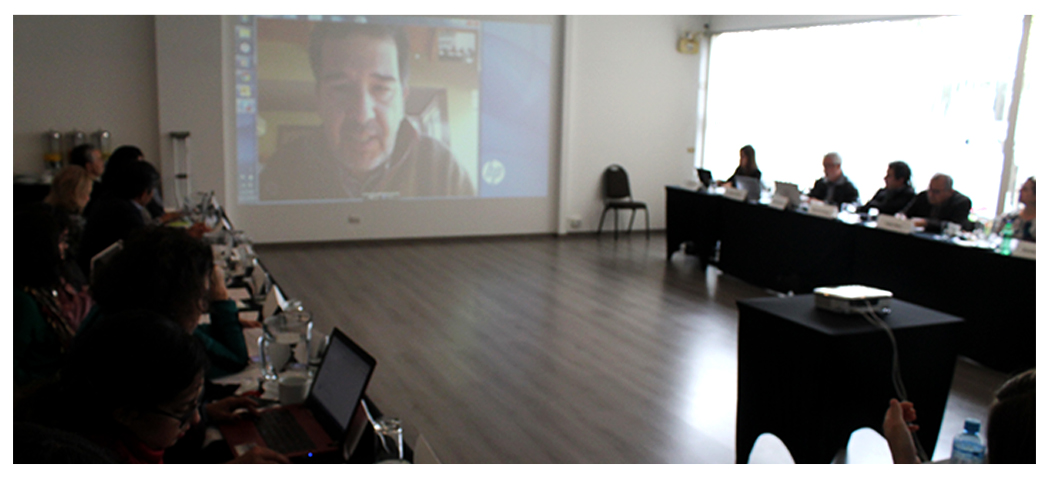
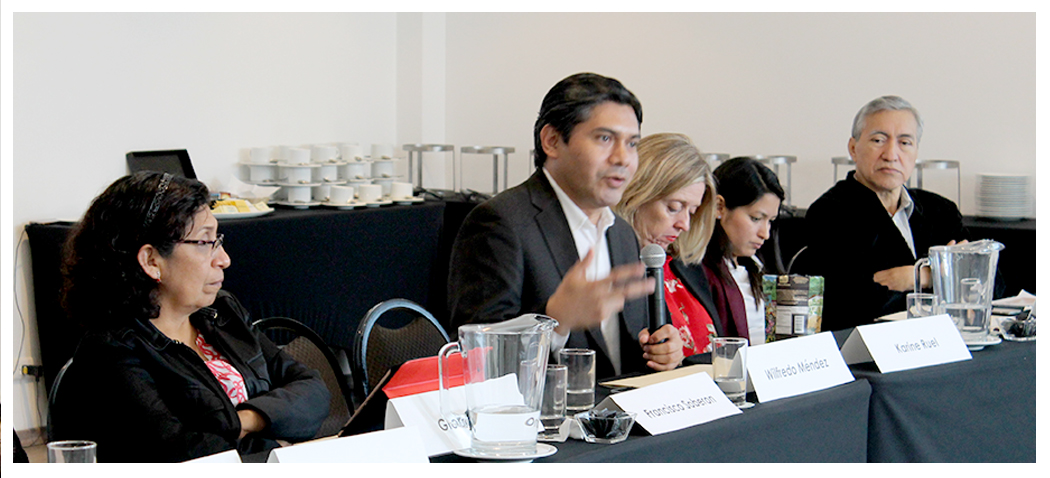
With a Preliminary Examination (P.E.) opened on the situation in Colombia since 2004 and a complex peace process put into place; multiple communications submitted to the ICC and a call on the OTP to open a P.E. in Mexico; a recent inter-state referral submitted to the ICC by six states un the region requesting the OTP to open an investigation in Venezuela; following the rising number of casualties in Nicaragua; and the weakening of the protection of human rights across several countries in the continent, the current situation in the Americas region with regards to justice and the Rule of Law is fragile and alarming.
As in every regional meeting, participants also provide an update and exchanged experiences and lessons learnt on their actions and advocacy – both at a local and regional level – regarding the implementation of the Rome Statute, and the strengthening of the system established by said treaty. The importance of reaffirming the region’s commitment to the Rome Statute provisions, the Rule of Law, and the obligation of cooperation with the International Criminal Court was also underlined.

Representatives of civil society also acknowledged the need for further dissemination of the Rome Statute provisions, and the work and mandate of the ICC, across the región, as key resources to address grave human rights violations.“We believe that the empowerment of social actors is of vital importance in our countries. Individuals need this empowerment so as to protect their rights and use the proper mechanisms for that purpose”, expressed Miguel Montenegro, Director for the Comisión de Derechos Humanos de El Salvador (CDHES).
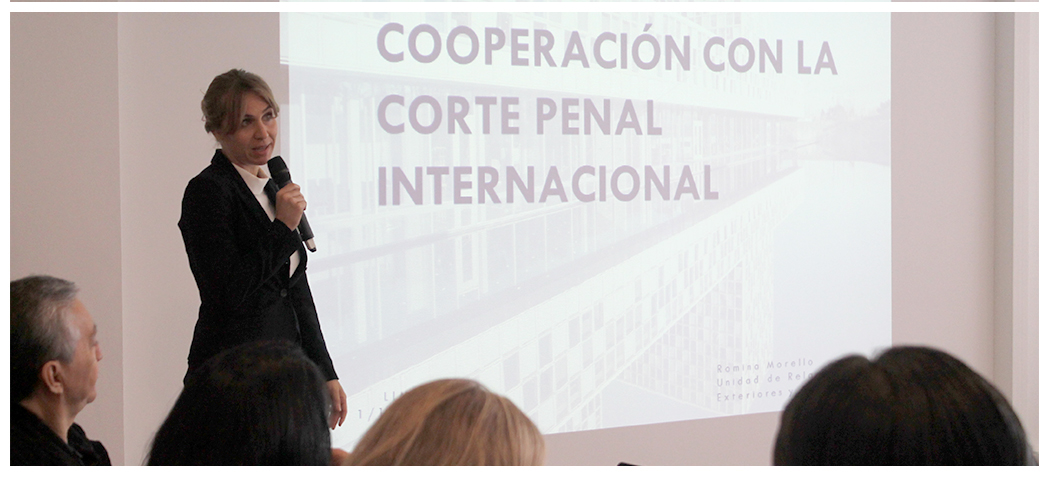
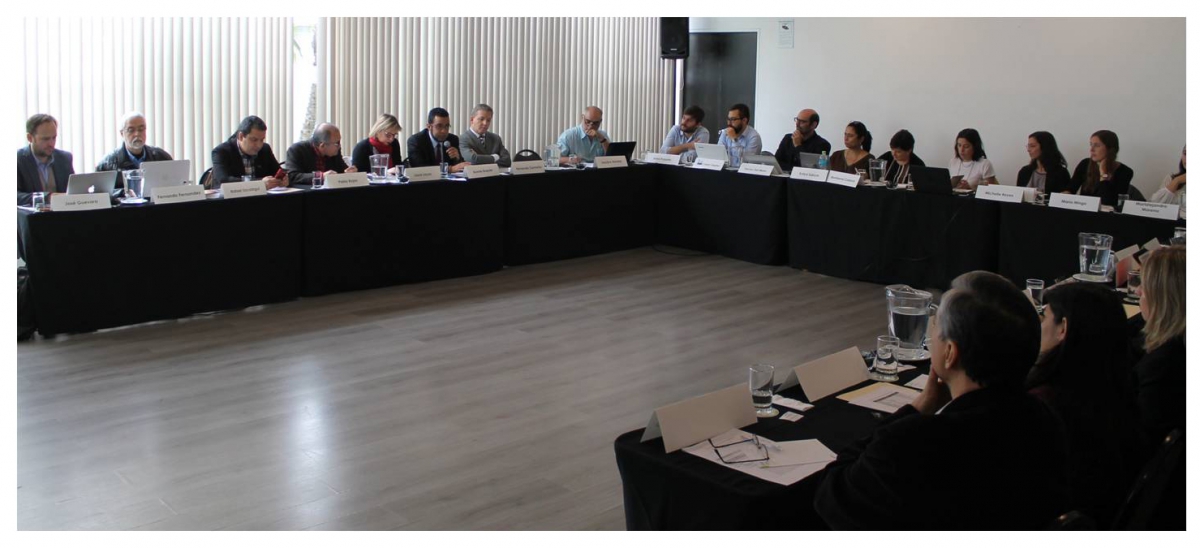
As a result of the meeting, participants adopted a number of recommendations directed at governments in the region, the ICC, the OAS, and civil society in general.
“Discussions throughout the two-day meeting, and the subsequent recommendations adopted by the participating organizations, are proof that civil society in Latin America remains as committed as ever to the Rome Statute system”, said Michelle Reyes Milk, Regional Coordinator for the Americas for the Coalition for the International Criminal Court. “However, the meeting also shed light into the need for the ICC and the various actors tasked with accountability for international crimes to pay a close attention to Latin America, and increase their efforts in addressing the ongoing needs in the fight against impunity in the region”, signaled Reyes Milk.
Read the recommendations adopted by Coalition members and partners in the region.
BACKGROUND
To date, 29 of the 35 countries on the American continent have become member states of the ICC: 12 in the Caribbean (Antigua and Barbuda, Barbados, Belize, Dominica, Dominican Republic, Grenada, Guyana, Saint Kitts and Nevis, Saint Lucia, Saint Vincent and the Grenadines, Surinám, and Trinidad and Tobago); 15 in Latin America (Argentina, Brazil, Bolivia, Chile, Costa Rica, Colombia, Ecuador, El Salvador, Guatemala, Honduras, Mexico, Panama, Peru, Paraguay, Uruguay and Venezuela). In North America, Canada and Mexico have joined the ICC.
ReaD the press release of the 4th Regional Strategy Meeting for the Americas
